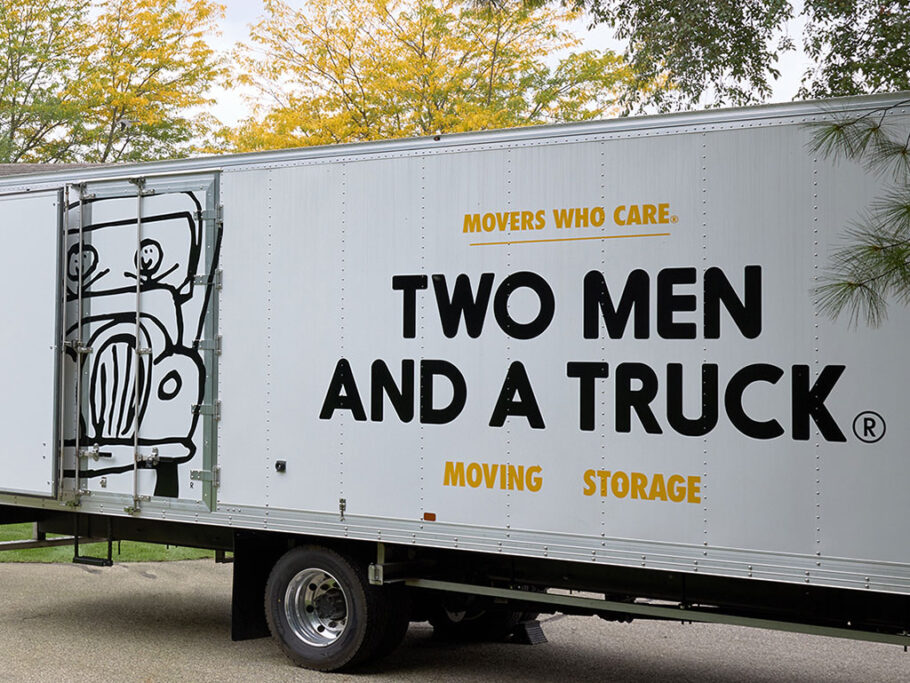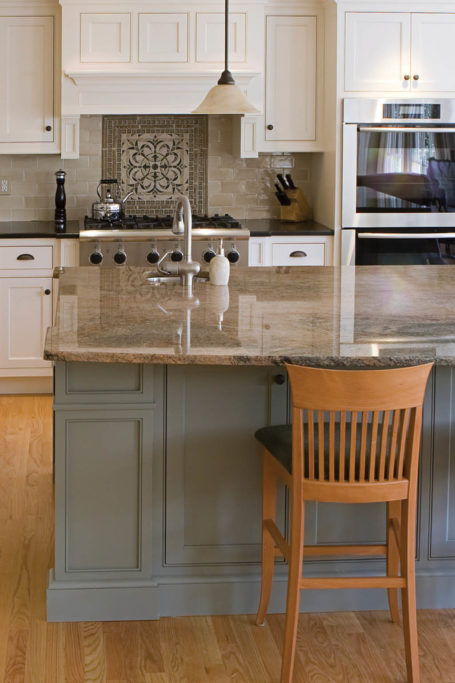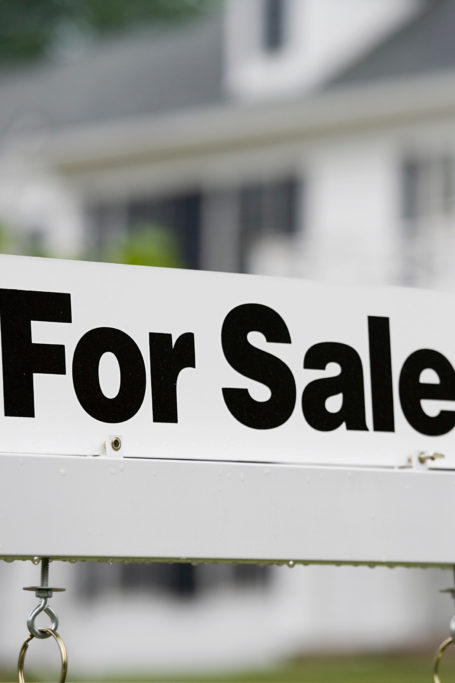6 Reasons to Turn Down an Offer on Your Home
After spending years in your home making improvements and creating memories, you’ll want to sell it to someone who will cherish it as much as you have. You may even receive multiple offers from people looking to turn your house into their home.
However, not every offer on your home will be right. There are several reasons why an offer isn’t right, and it is important to know how to turn down an offer politely and properly.

Reasons to turn down an offer
It can be awkward turning down an offer because it can be difficult for a buyer to hear, but you are not under any obligation to accept an offer. Here are some of the common reasons why an offer might not be right.
Low offer
Sometimes buyers will throw out an offer below the asking price hoping you’ll accept it. If the amount is too low for you to consider or if your home has just entered the market, you may reject the offer. Or you could make a counteroffer (we’ll explain more about that later).
Earnest money too low
Earnest money is offered by buyers upfront as a deposit. This is a sign a buyer is serious, and the amount can be a flat rate or up to 5 percent of the asking price. If your home is in a competitive market, you may decide to turn down an earnest money offer that is too low or nonexistent.
Too many contingencies
Contingencies are conditions that must be met for a sale of a home to be completed. Common contingencies may include completing a home inspection, allowing the buyer’s home to sell first, and a review of any HOA documentation. However, if a buyer has numerous contingencies and it feels excessive, you can reject the offer.
No preapproval letter
A preapproval letter from a lender provides a buyer with documentation that they are eligible for the loan amount needed for a home, and it shows they are serious about buying your home. If a buyer does not have this letter, it may cause you to doubt their ability to receive the funding needed to purchase your home.
Can’t agree on a closing date
It can be tough for two individual parties to come together and agree on a closing date. While it is typically around sixty days, everyone’s needs are different. If a buyer’s timeline doesn’t match up with your needs, you can pass on their offer.
Receiving a better offer
Finally, if your home is in a competitive market, it can be a good idea to wait for several offers to be submitted. This allows you to accept the most lucrative offer while passing on the rest.

Turning down an offer
There are several reasons in which turning down an offer is unacceptable. You cannot reject an offer based on age, sex, religion, sexual orientation, disability, or any other discriminatory reason found in the Fair Housing Act.
If the offer isn’t what you were expecting, you can either reject their offer or make a counteroffer. Remember: even if you don’t accept someone’s offer, you should make every attempt to respond before the offer expires. It can be seen as rude to let the offer expire without responding. It is important to remember these individuals could eventually buy your home by making a new offer or if you’re struggling to receive other offers.
Make a counteroffer
If the offer is just a little off from what you were hoping to get for your home, you can work with your agent on preparing a counteroffer. To cut to the chase, respond with what you consider to be your best offer.
Refuse the offer
If you feel you don’t want to move on with this buyer for any of the previously discussed reasons and don’t feel the need to counteroffer, you can pass on their offer. Simply ask your agent to respond with your rejection. They will connect with the homebuyers’ agent and politely decline the offer.
Having an offer turned down is tough on homebuyers. However, conducting yourself with proper etiquette, it can be a less stressful situation for everyone involved.
































